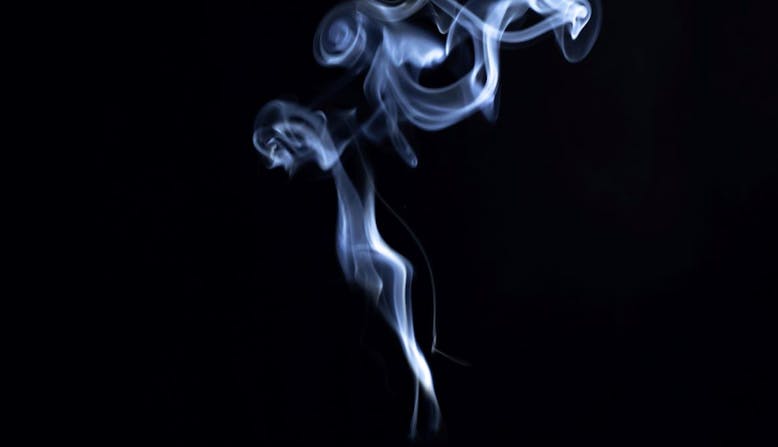Causes
While scientists do not know what exactly causes psoriasis, we do know the immune system, and genetics play key roles. The genetics of psoriasis are complex, and it is possible to develop psoriasis even if you have no family history of the disease. A triggering event may cause a change in the immune system, resulting in the onset of psoriasis symptoms. Common triggers for psoriasis include stress, illness (particularly strep infections), injury to the skin, and certain medications.
Triggers
Psoriasis triggers vary from person to person. What may worsen your psoriasis might not have any impact on someone else. Common psoriasis triggers include:
Stress
Stress is one of the most common psoriasis triggers. At the same time, a psoriasis flare can cause stress. This may seem like an endless loop. However, relaxation techniques and stress management may help prevent stress from impacting psoriasis.
Injury to Skin
Psoriasis can appear in areas of the skin that have been injured or harmed. This is a result of the Koebner [KEB-ner] phenomenon, where scratches, sunburns, bug bites, and vaccinations can all trigger psoriasis flares.


